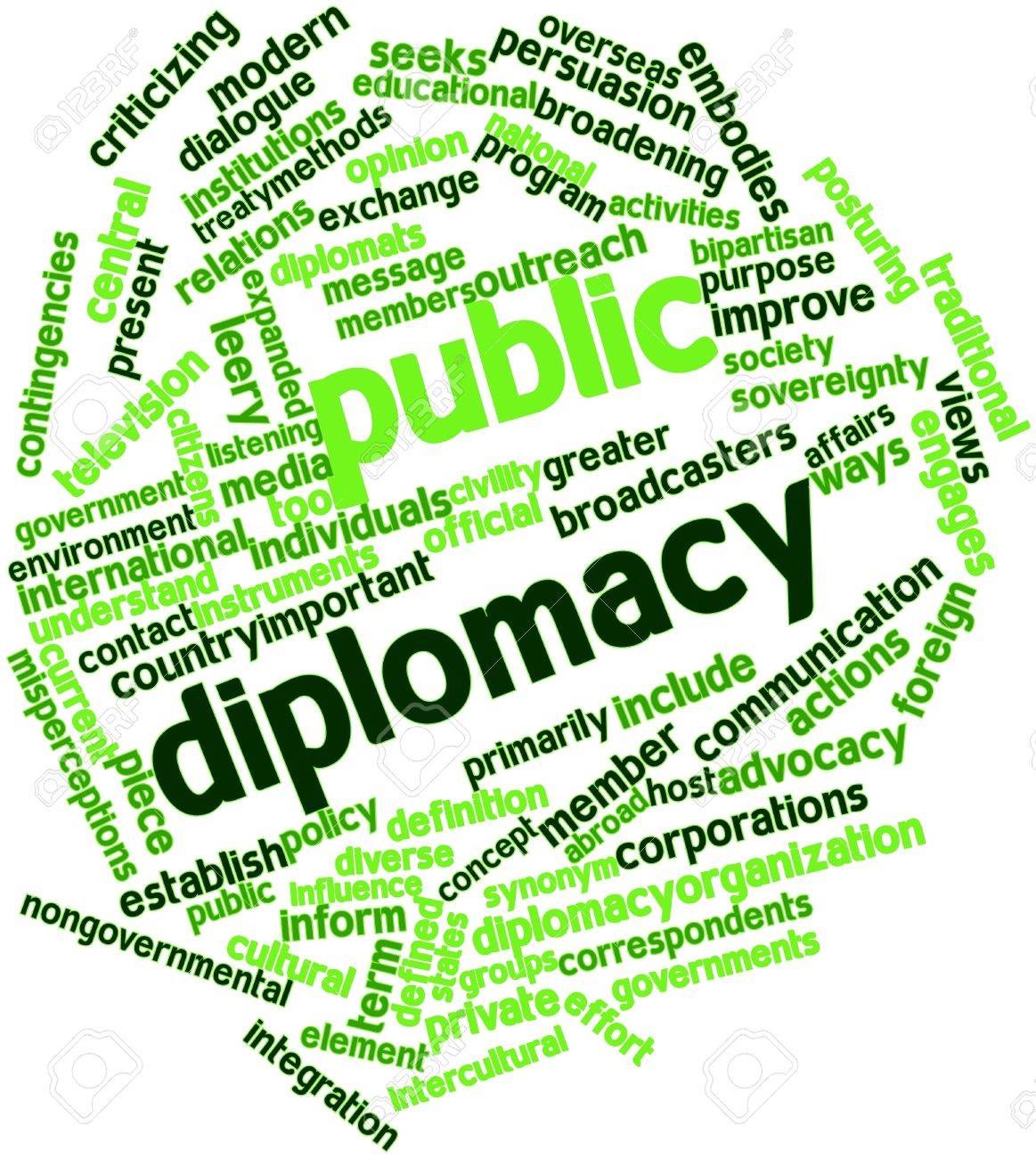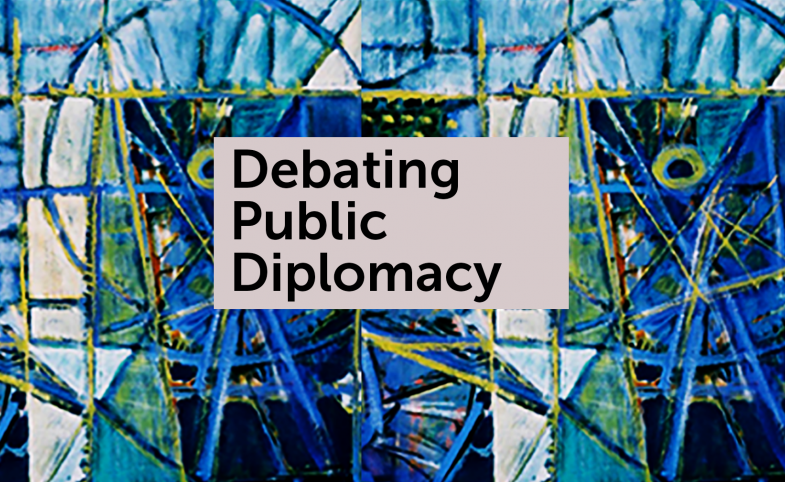 Pakistan’s UN mission recently organised a cultural festival of ideas for the first time in the history of foreign office in New York, and it aimed to promote Pakistan’s diverse cultural aspects including arts and literature. Pakistan’s Permanent Representative to the UN Dr Maleeha Lodhi as the keynote speaker stressed upon countering xenophobia through cultural exchanges and people-to-people contact. This step by Pakistan’s UN Mission is a commendable effort in battling the some of the biases towards Pakistan in some international circles. Such programmes are part of a wider global campaign initiated by the foreign office, which has instructed major diplomatic stations to ensureeffective cultural and public diplomacy in host countries.
Pakistan’s UN mission recently organised a cultural festival of ideas for the first time in the history of foreign office in New York, and it aimed to promote Pakistan’s diverse cultural aspects including arts and literature. Pakistan’s Permanent Representative to the UN Dr Maleeha Lodhi as the keynote speaker stressed upon countering xenophobia through cultural exchanges and people-to-people contact. This step by Pakistan’s UN Mission is a commendable effort in battling the some of the biases towards Pakistan in some international circles. Such programmes are part of a wider global campaign initiated by the foreign office, which has instructed major diplomatic stations to ensureeffective cultural and public diplomacy in host countries.
A combination of cultural and public diplomacy is not only a powerful tool that can improve public image but can also help bring economic investment and tourism opportunities. Pakistan has been in negative limelight for a number of years owing to security challenges,but recent improvements and a team of influential diplomats such as Dr Lodhi in New York and Jauhar Saleem in Berlin has been able to pursue effective diplomatic measures to curb xenophobia to a certain extent.
The Berlin mission has beaen quite proactive in promoting Pakistan’s culture along with interacting with public officials and university students recently. Not only this, it has also hosted regular receptions including a grand ceremony for Pakistan Day in March 2016 where 600 guests from Berlin’s diplomatic and government circles were in attendance. Such interactions are positive and much needed, as they actually help improve Pakistan’s perception as a peaceful and friendly state.
The automobile giant Audi has recently started a feasibility study for constructing a car assembly plant in Karachi, and the real credit goes to the Berlin Pakistan Mission for making it happen under Pakistan’s new auto policy.
However, it also needs to be understood that Pakistan needs to up the ante for effective lobbying measures in countries such as the United States where India has almost overshadowed Pakistan. Pakistani diplomats and other concerned officials should come up with a strategy to develop close ties with powerful think tanks and political elites of certain host countries. Missions based in Berlin, New York, Beijing, London, Manama and other areas are already working day and night for projecting a positive image of the country, but there is a long way to go for rectifying past mistakes of certain governments that led to an abysmal situation for Pakistan’s short and long-term foreign policy goals.
The London Pakistan Mission has also remained very proactive, and there was a time when students’ community was also brought under one umbrella for soft diplomacy in the United Kingdom. A student organisation in London, the National Union of Pakistani Students and Alumni, was set up under Dr Lodhi’s watch almost a decade ago for such purposes, and it was quite successful in bringing young British and Pakistani professionals together. Such measures are not replicatedin other host countries, and Pakistan government should pursue them for developing strong relations with other states for long-run stability. The role of Pakistani diplomatic community is laudable for pursuing soft diplomacy in the form of cultural and public ties, but some additional steps are still required for meeting the desired goals that shall likely take some years sans any major hindrance.*








